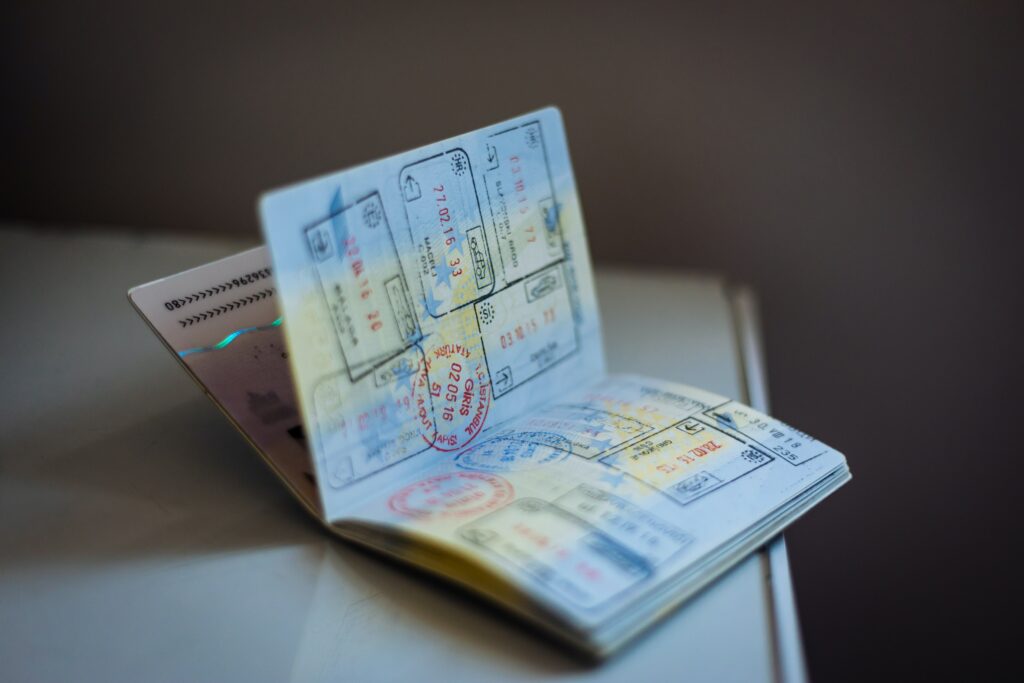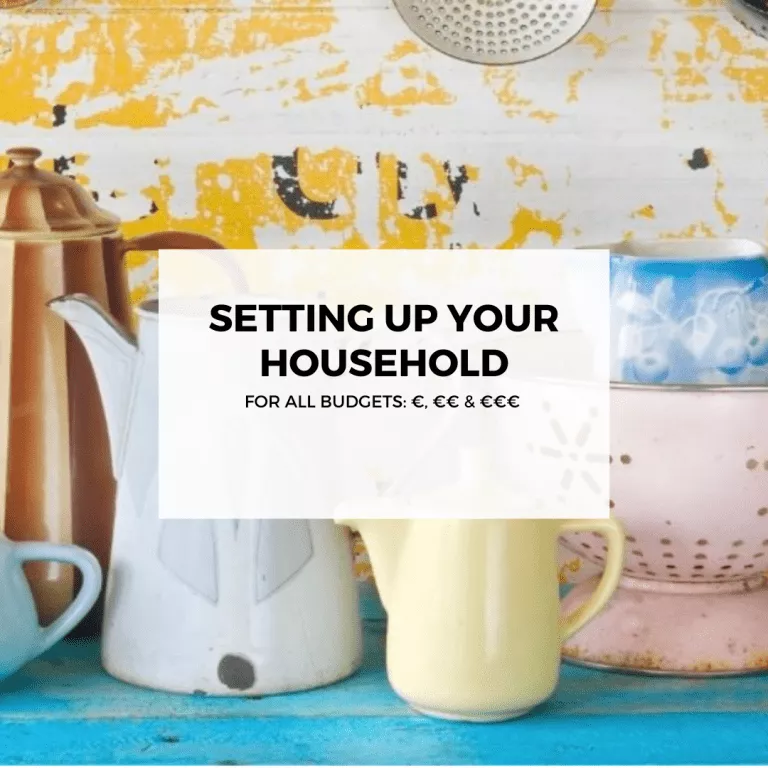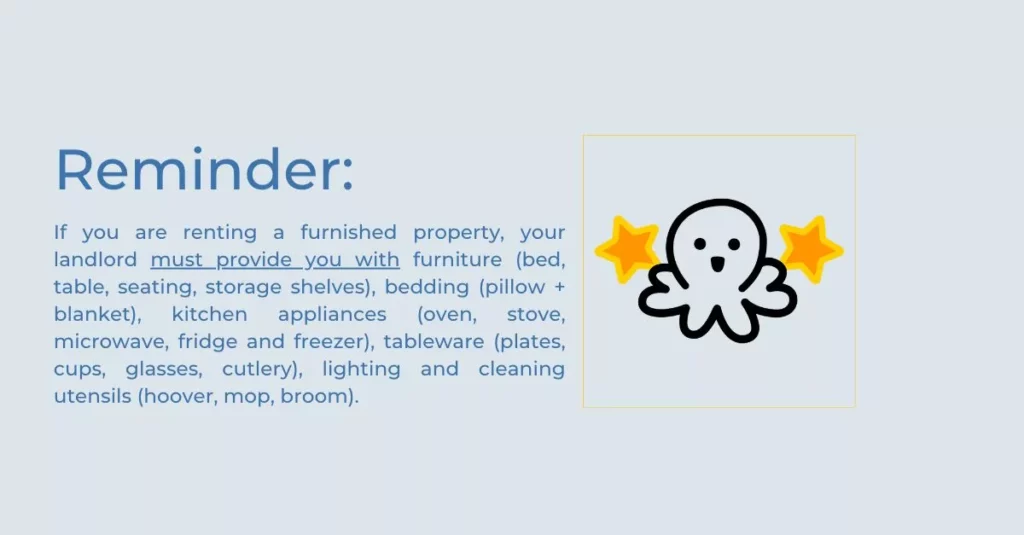
Have you ever dreamed of moving to France but were unsure how to manage applying for a French visa? In this article we break down the French visa application process for non-EU citizens (Brexit we’re looking at you ???? ) and answer some of the most commonly asked questions regarding French visa applications. If this process seems daunting or out of reach, don’t stress! The Urban Index team has navigated their fair share of French visas and we have a step by step process to get through it.
Please bear in mind that this applies to most general non-EU situations. Certain countries might have more specific requirements so be sure to check what those may be.
If there are any questions we missed drop us a line in the comments. We will do our best to find the answer for you !
When do I need a visa to come to France and how long can I stay in France without a visa?
If you are a non-EU citizen planning to visit France for an extended period of time, it is likely that you will need a visa before you arrive.
At present, citizens from over 60 countries, including Canada, Australia, Japan, South Korea, and many countries in Latin America and the Caribbean, can visit the EU without a visa for up to 90 days within a 180-day period.
However, if you’re already in the country and find it to your liking and plan on staying for more than roughly 3 months then you will need to apply for a visa.
When in doubt check the visa wizard on the official French visa website and input your information.
Good to know:
Be aware that even if you are from a visa exempt country and just planning on eat, pray, loving it on the 90 day rule, you will soon need to register for a visa waiver program called ETIAS! The ETIAS system (similar to the American ESTA system) is expected to be operational by the end of 2022. Travelers will be required to apply for ETIAS authorization before their trip to the Schengen Area. The exact cost of the application has not been announced yet, but it is expected to be around 7 euros.
What visa do I need to come to France?
The first place to start is to determine which type of visa makes the most sense for your situation.
There are different types of visas depending on what you plan to do in France.
- Are you planning on living in France for more than 90 days but not working?
- Do you want to study?
- Is your company sponsoring you?
- Do you have a French family member or partner you’d like to join in France?
You can check the French visa website to see which visa category applies to your situation.
What papers are needed to apply for a French visa?
The documents required for a French visa application may vary depending on the visa type. Generally they will include :
- A valid passport
- A visa application form
- Passport photos
- Travel insurance
- Proof of accommodation
- Proof of sufficient funds
- And other supporting documents.
Good to know:
Don’t make the same mistake I did when applying for my au pair visa!
Check that you have :
- At least two blank pages . The two blank pages must be adjacent to each other and be in the same section of the passport to allow for the placement of the visa sticker.
- A validity that exceeds the duration of your planned stay in France or the Schengen Area in your passport.
But be careful! The last pages in an American passport are NOT actually visa pages, they are for “endorsements”. I didn’t know this and I had to rebook an appointment at the consulate, change my flights, and pay for express passport renewal to get a new passport with blank pages.
Do I have to go to the French consulate to apply for a visa?
Yes, in most cases, you will have to go to the French consulate or embassy in your country to apply for a visa.
Step 1 : find the right location
Some countries have outsourced visa processing to third-party companies. For example, VFS Global or TLS Contact, operate visa application centers on behalf of the French government.
Step 2 : Schedule an appointment
Once you find which embassy, consulate, or visa centre is closest to you (and that you have the right to apply at), you will need to schedule an appointment. Normally there will be a link on the embassy, consulate, or visa centre website to follow for the appointment scheduling process. Some embassy or visa centers might have options for express processing, some do not. In any case, it could take several weeks before you find an open appointment so plan accordingly.
Step 3 : what to expect during the process
On the day of your appointment, bring all the required documents and submit them to the visa officer. This is when you will pay the fees for your visa. You may also be interviewed during the appointment and have biometric data taken (digital fingerprints). If you have all the necessary documents they will take your file and your passport to process your visa.
Good to know:
- You may get lucky if there are last minute cancellations so keep checking regularly if you need an appointment quickly.
- Don’t forget that you will not have access to your passport during the process so don’t plan any trips outside your home country!
How much does a French visa cost?
The cost of your visa will depend on the type of visa you are applying for as well as other factors such as your nationality. Usually the prices hover around 100 euros.
The visa wizard on the official French visa application website should tell you exactly what you need to pay.
Good to know:
- If your visa is rejected you will not be refunded the cost of your visa so it really is worth triple checking that your documents are correct and all there.
How long does it take to process a French visa?
French visa processing times can take from as quickly as 2 weeks to up to 2-3 months.
Once your application is processed, you will receive a decision on your visa application and be informed by email or text when your passport/visa is ready to be picked up.
Sometimes you will need to bring a prepaid, tracked & signed envelope to the appointment in which your passport will be mailed back to you. If you live near where you have your appointment sometimes you can choose to pick it up in person.
Good to know:
- Some embassies or visa processing centers will have a system where you can track the status of your visa processing.
- It’s important to apply for your French visa well in advance of your planned travel dates to allow for sufficient processing time but you usually cannot submit documents more than 3 – 6 months before your planned entry date to France.
TL;DR – How to Apply for a French Visa: Step-by-Step
- Figure out if you need a visa and if yes, which one you need.
- Fill out the visa application form online or download it from the embassy’s website. Make sure to fill it out completely and accurately.
- Schedule an appointment at the French consulate or embassy in your country or at a third-party visa processing centre.
- Attend the appointment and bring all the required documents. You may also be interviewed and have biometric data taken.
- Wait for a decision on your visa application.
- Pick up your passport with your new visa (or wait for it to arrive in the post) and head to France!
Tips and Tricks:
Save yourself the stress and headache of trying to apply for a French visa at the last minute. Even if I have had French visas processed in as little as 3 weeks, applying with no time to spare makes for an unpleasant experience that could be spent better preparing and looking forward to your new adventure in France. Gather your documents and double check them (and your passport) before you make your visa appointment.
Always try to book the earliest appointment available, but if you are in a time crunch you can keep checking the website after you have booked an appointment in case an earlier one comes up. Just don’t forget to cancel the later appointment if you get lucky!




